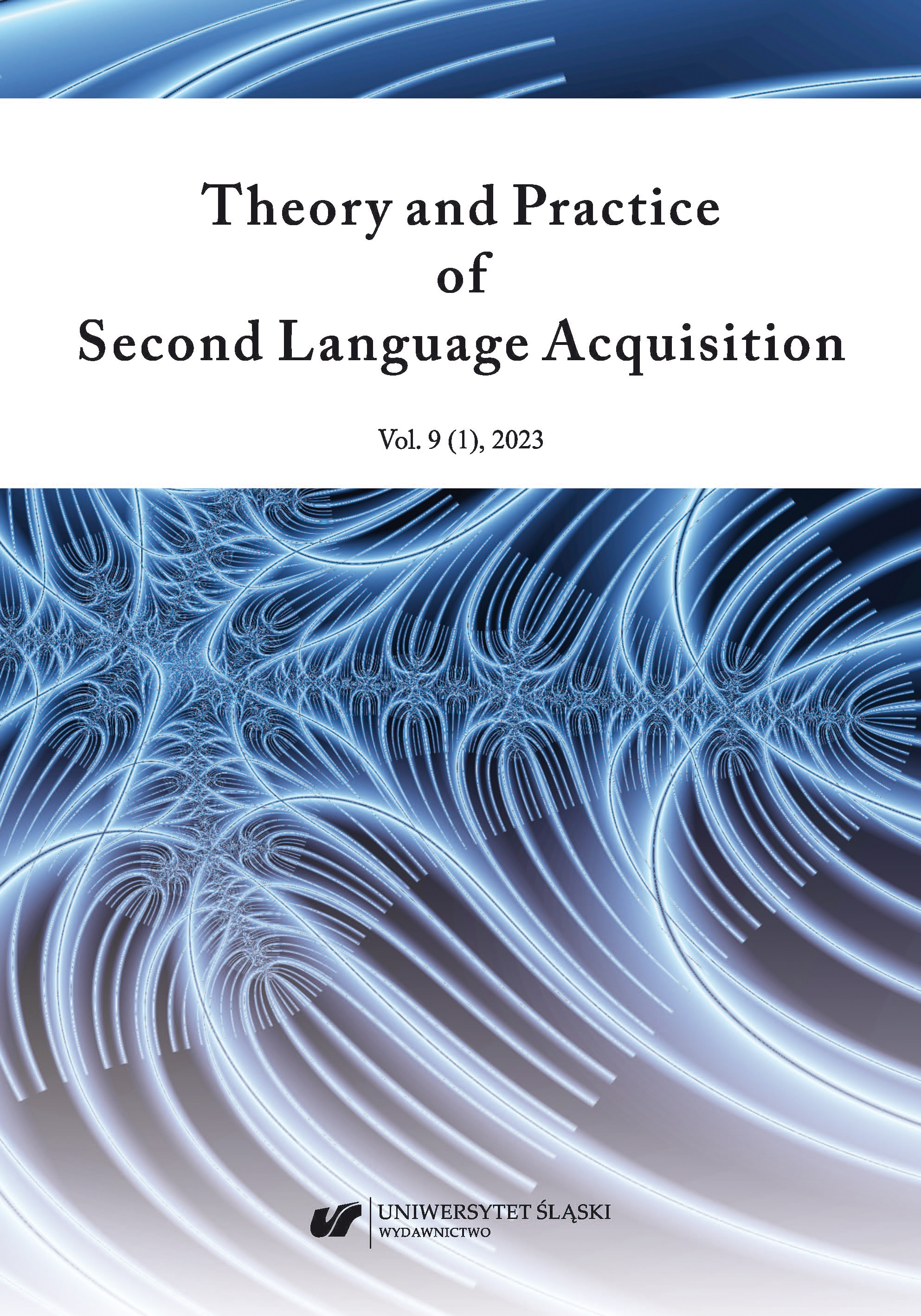Chinese University Students’ Beliefs about English Language Learning and Self-efficacy
Chinese University Students’ Beliefs about English Language Learning and Self-efficacy
Author(s): Meihua LiuSubject(s): Foreign languages learning, Theoretical Linguistics, Applied Linguistics, Language acquisition
Published by: Wydawnictwo Uniwersytetu Śląskiego
Keywords: English learning belief; self-efficacy; difference; proficiency; feedback; strategy
Summary/Abstract: Learners’ beliefs on language learning and perceived self-efficacy are important to the success of their second/foreign language (SL/FL) learning. To reveal the general profiles of and relationship between Chinese students’ beliefs about English learning and self-efficacy, the present study examined beliefs about English learning and self-efficacy held by Chinese university EFL (English as a FL) learners at differing English proficiency levels. A total of 1,698 students from a top university in Beijing answered a battery of questionnaires. The results revealed a general overview of the students’ beliefs about the nature of language learning and the roles of teachers, feedback and learning strategies, and self-efficacy. Another major finding was that participants at different English proficiency levels differed significantly from one another in beliefs about language learning and self-efficacy.
Journal: Theory and Practice of Second Language Acquisition
- Issue Year: 1/2023
- Issue No: 9
- Page Range: 1-25
- Page Count: 25
- Language: English

